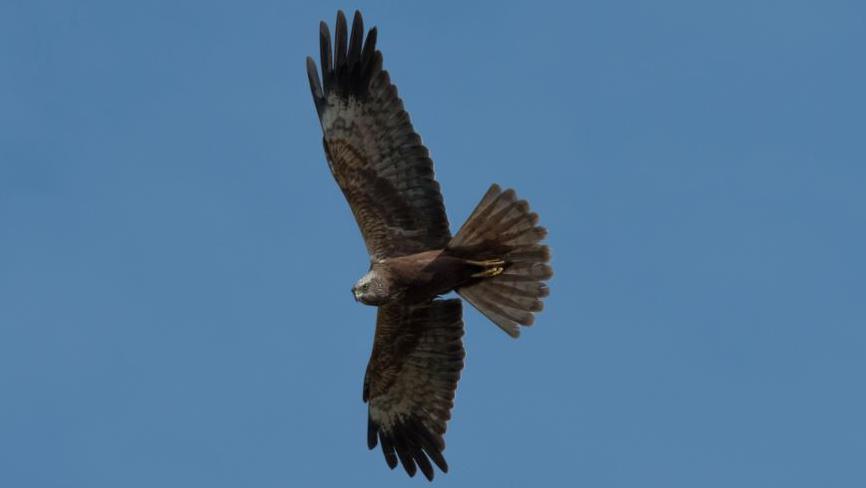Fears over impact of dry summer on reserve wildlife
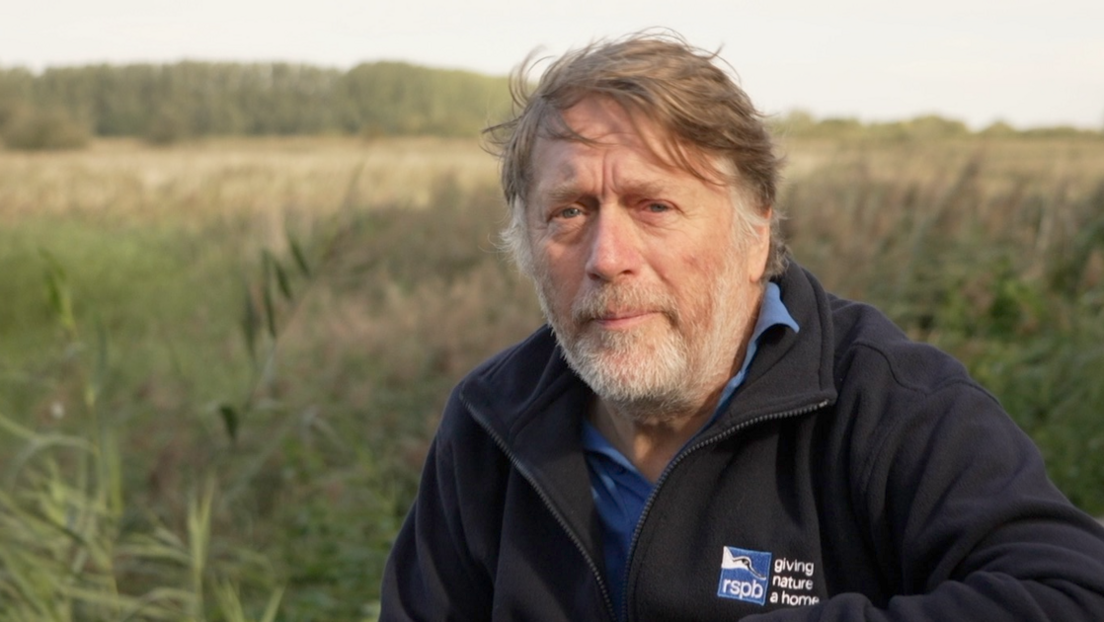
Dave Rogers is worried about the impact the change in climate is having on wildlife at Lakenheath Fen
- Published
Fears have been raised about the extent to which low water levels will have a long-lasting impact on wildlife at a nature reserve.
Lakenheath Fen nature reserve, encircled by Suffolk, Cambridgeshire and Norfolk, is home to everything from birds and fish to insects and swans.
The array of wildlife is a big draw for visitors, but the future of some of species has become a cause for concern after a very dry spring and summer.
Dave Rogers, who manages the Royal Society for the Protection of Birds site, says he is the most worried he has been since joining 14 years ago.
"Fens are supposed to be wet, and with the climate crisis the models are predicting we get these wetter winters and much dry summers, which is a concern for us," he said.
"It needs to be wet in March and April, so we've seen no activity in our wet grassland for our breeding waders.
"Many of these species take two, three, four years to develop, so it will be next year or the year after when we see if this has impacted the population."
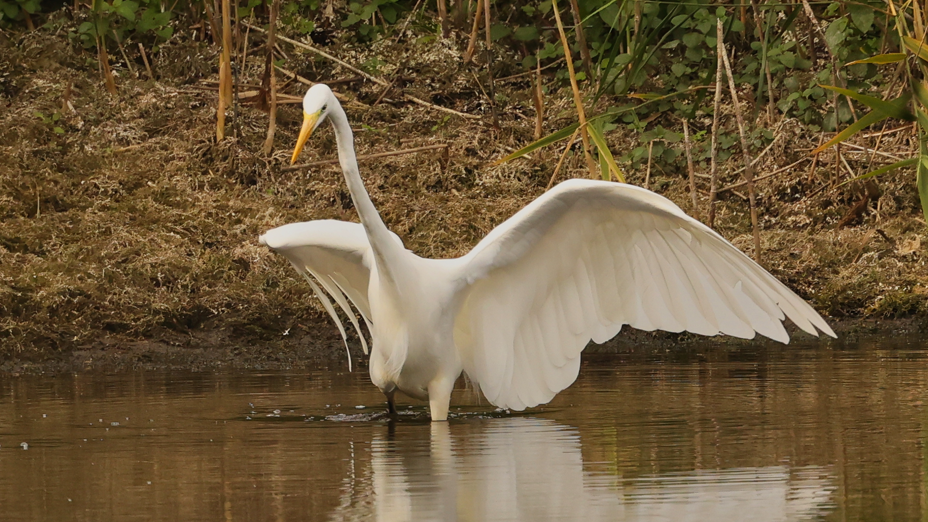
Lakenheath Fen is home to a wide range of birds
Anglian Water reported last month that the East of England had seen its lowest spring and summer rainfall levels since 1976, making it the third driest season since 1899.
In a bid to combat the effect of rising temperatures on the reserve, Mr Rogers and his team are installing a pump to manually wet the grassland ahead of breeding season.
"It's about adjusting the reserve so it is as resilient as possible to these kinds of events," he said.
A study by The Wildlife Trusts in 2023 found nearly one in six of more than 10,000 species assessed were at risk of being lost from England, Scotland and Wales.
It recorded that there had been a 43% decline in birds and a 31% decline in amphibians and reptiles – and it is not just the experts who are worried.
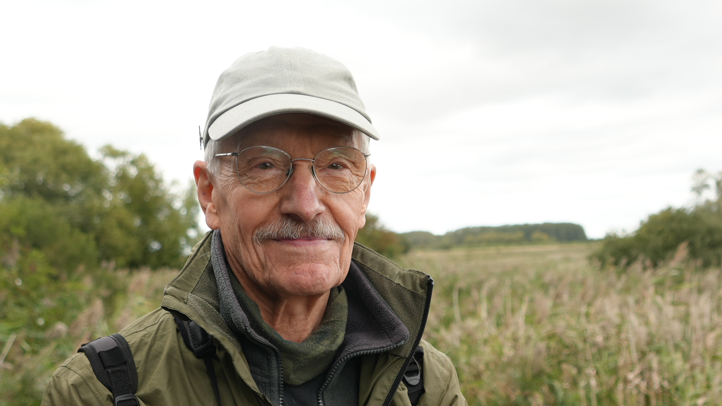
Birdwatcher Mike Reed said the future of some species could be in doubt
"It is a little worrying because you don't know what the effects will be on the birds and other animals, so it is a problem, clearly," said birdwatcher Mike Reed.
"The extremes are obviously going to be critical for a lot of these animals."
Get in touch
Do you have a story suggestion for Suffolk?
Follow Suffolk news on BBC Sounds, Facebook, external, Instagram, external and X, external.
Related stories
- Published13 April
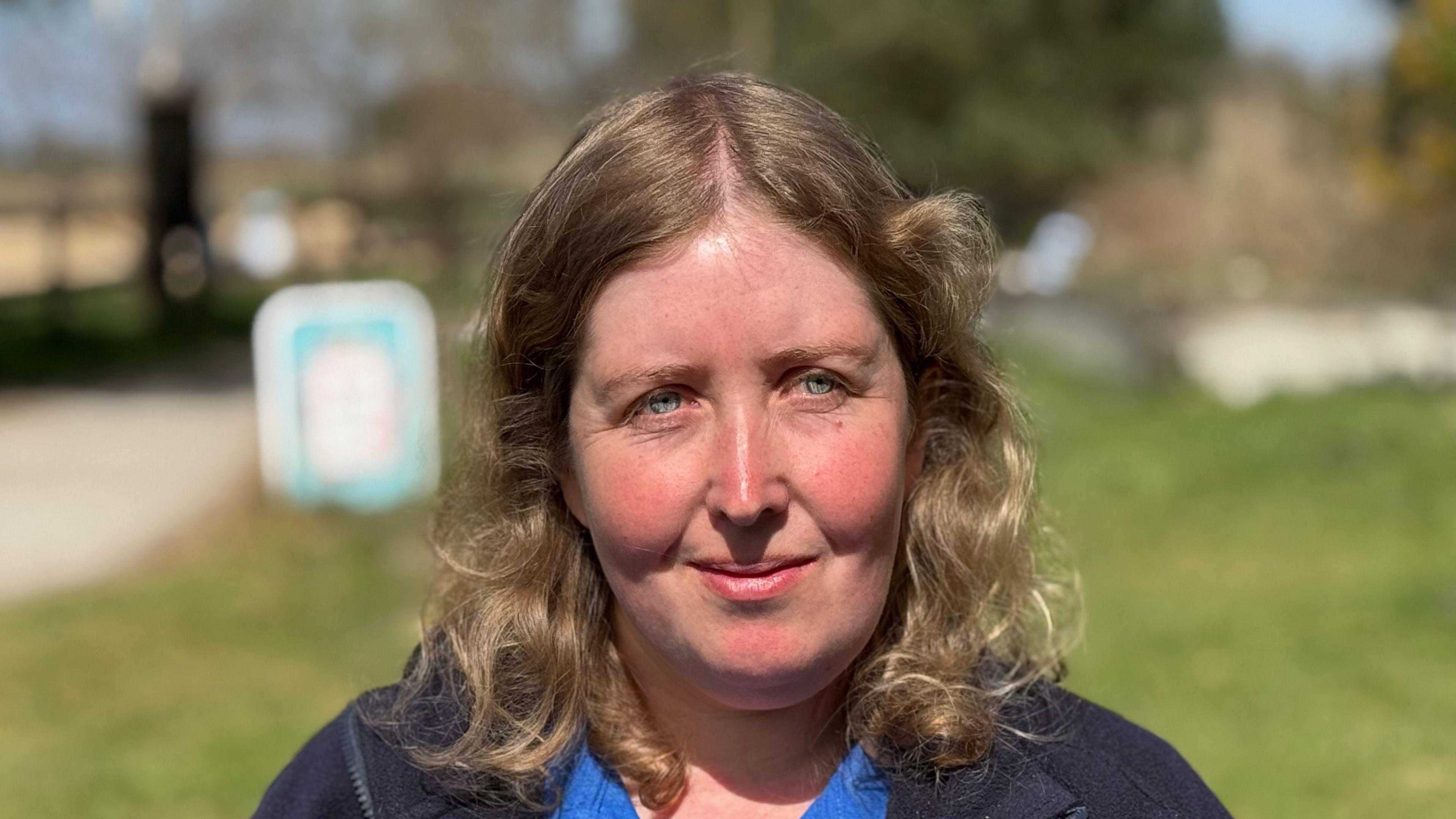
- Published5 December 2024
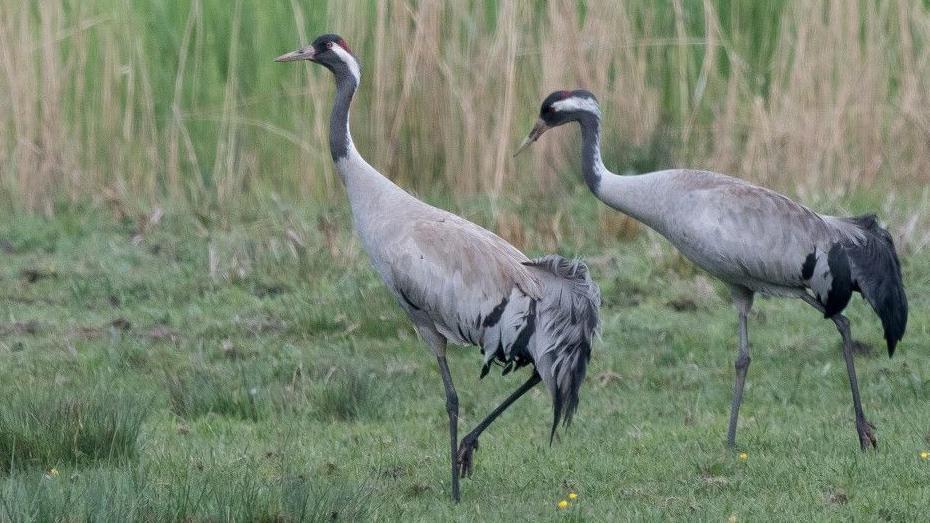
- Published3 July 2024
